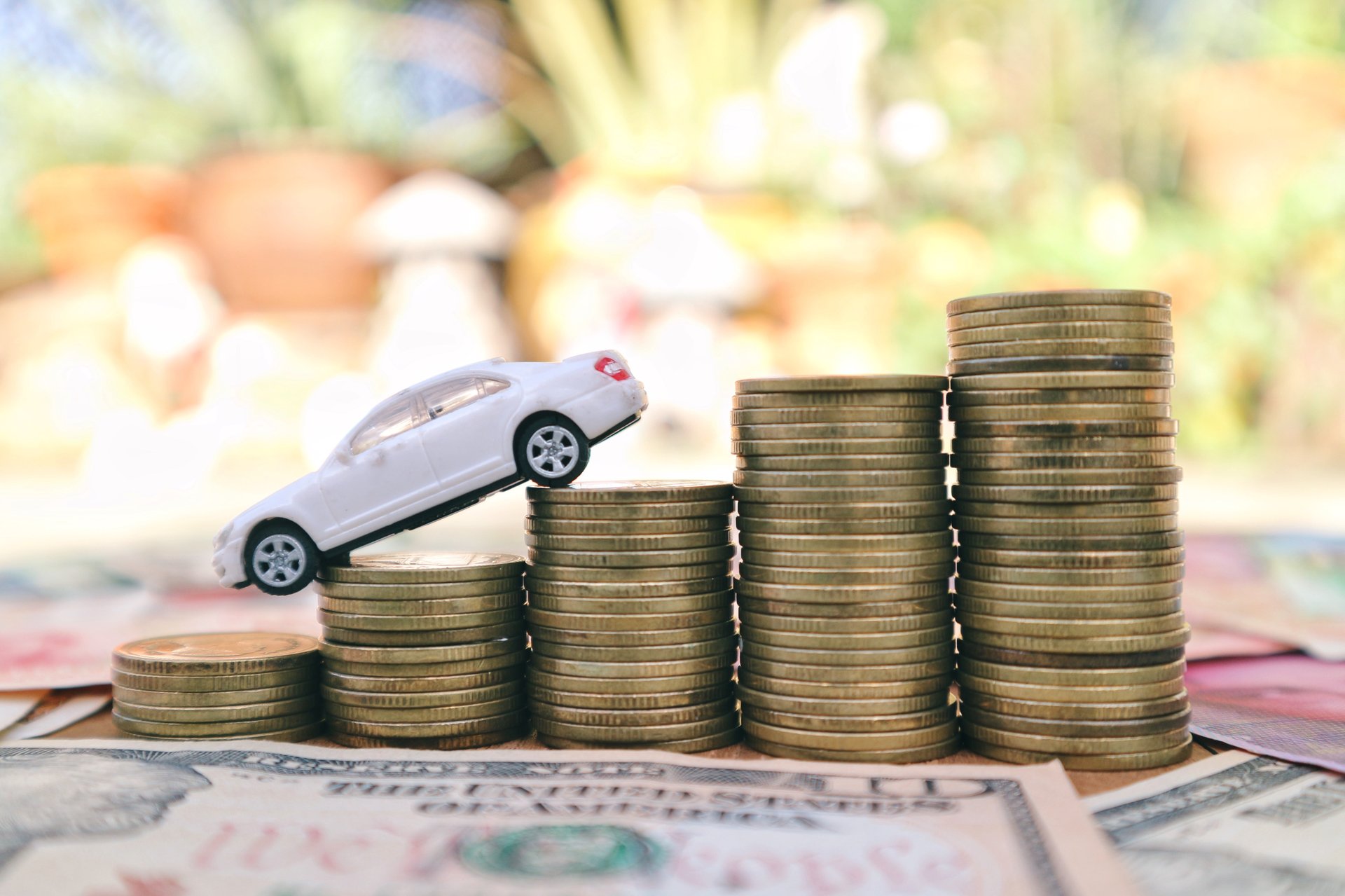
You may have tax reform to thank for a decreased tax bill and an increased paycheck, but the recent overhaul of the federal income tax code is not all good news.
One potentially costly example: It might lead to higher interest rates on loans, increasing your monthly car payment.
The New York Times reports that this stems from increased borrowing that the federal government will have to do to make up for bringing in less in taxes — that is to say, less revenue — under the revised tax code that became law in December.
After all, the Congressional Budget Office estimated in December that the tax code overhaul would increase the federal deficit by $1.455 trillion over a decade.
Borrowing money is nothing new for the federal government. But when the feds borrowed in the wake of the Great Recession, interest rates were at historic lows. Now that the economy has bounced back, interest rates are higher. Plus, when the government borrows more, that can also push interest rates up.
As a result, borrowing money is now more costly for the government — and in turn, the private sector. The NYT explains:
“It is a phenomenon that economists call ‘crowding out.’ Large-scale government borrowing sucks up the supply of available funds, driving up financing costs for just about everyone else.”
“Everyone else” includes car manufacturers, who pass increased costs on to consumers. According to the NYT, this is partly to blame for interest rates for new vehicles inching upward, reaching an eight-year high of 5 percent in February.
This news reminds me of Money Talks News founder Stacy Johnson’s recent warning about unintended consequences of major legislation. He wrote in “6 Important Take-Aways From the Tax Reform Effort”:
“Fact is, until the law has been in effect for a period of time, we can’t be certain what the effects will be.”
Obviously, the politicians who pushed tax reform either didn’t see this coming or knew better than to let on to voters. Either way, prepare for the possibility of car loan rates rising sometime soon.
If you have an outstanding auto loan, check out “8 Foolproof Steps to Get You Out of Debt Fast.” The sooner you can pay off the loan, the less money you will end up paying in interest.
How do you feel about this news? Sound off below or on Facebook.




Add a Comment
Our Policy: We welcome relevant and respectful comments in order to foster healthy and informative discussions. All other comments may be removed. Comments with links are automatically held for moderation.